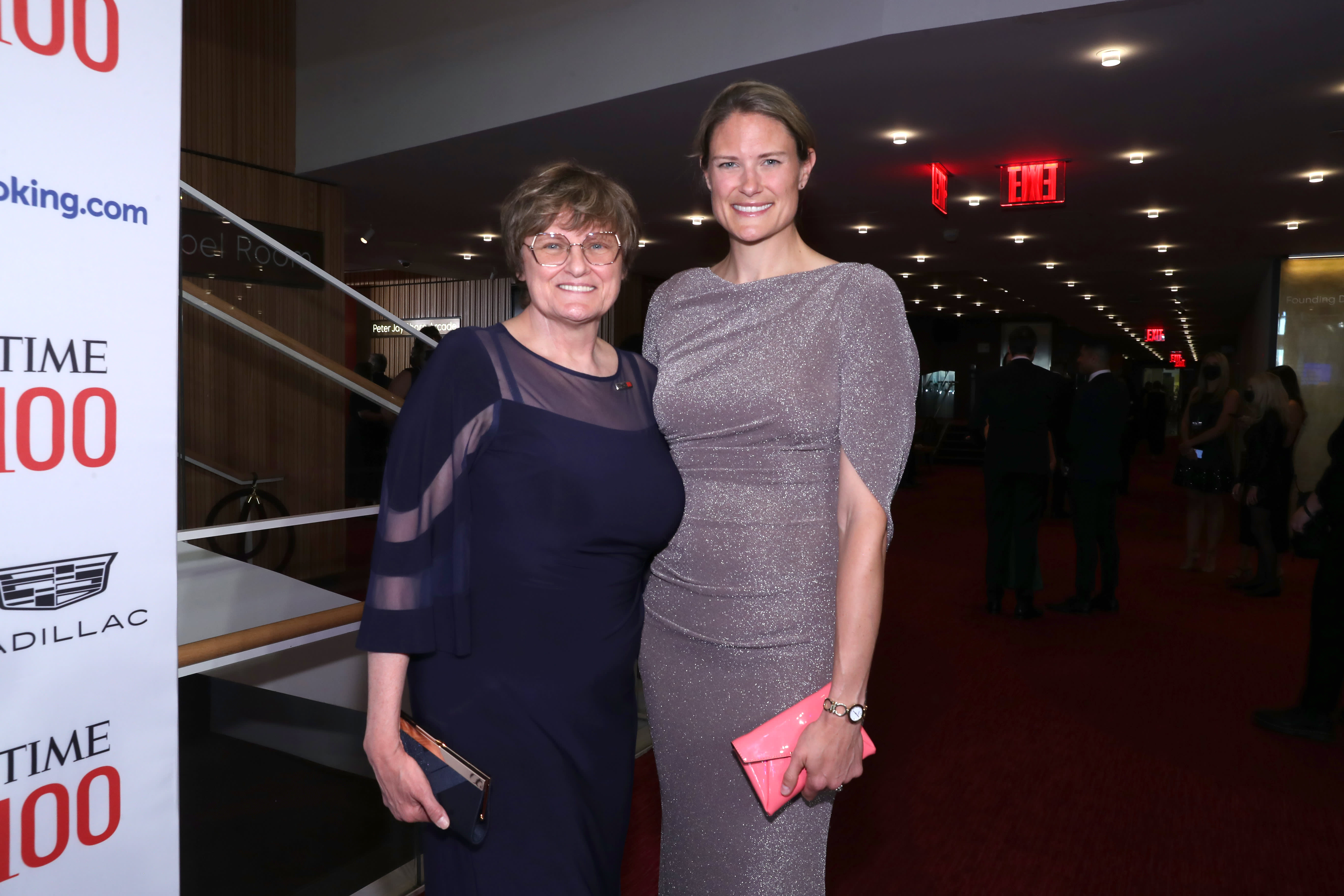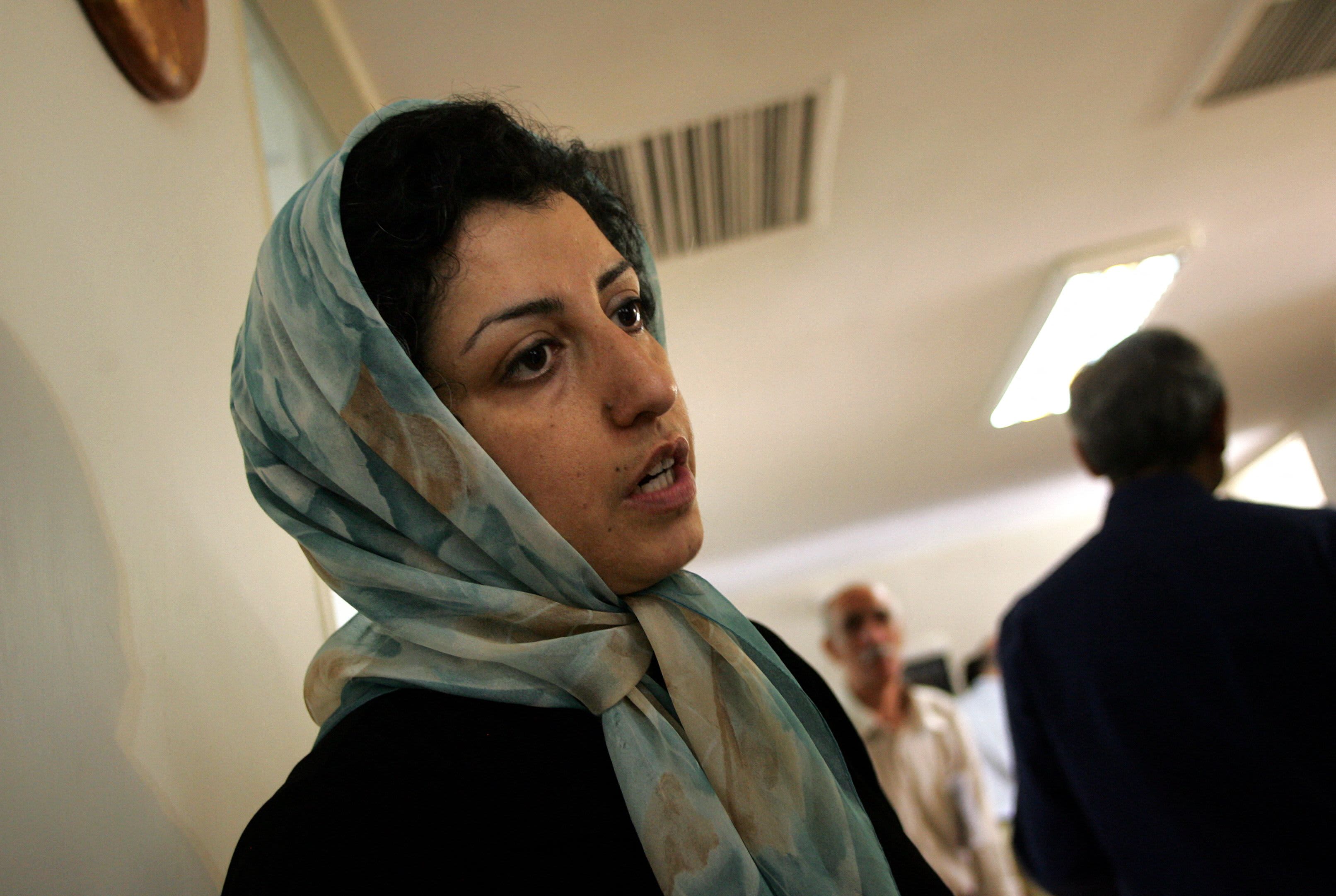The Nobel economics prize was awarded Monday to Harvard University professor Claudia Goldin for research that has advanced the understanding of the gender gap in the labor market.
The announcement went a tiny step to closing the Nobel committee’s own gender gap: Goldin is just the third woman to win the prize out of 93 economics laureates.
She has studied 200 years of women's participation in the workplace, showing that despite continued economic growth, women's pay did not continuously catch up to men's and a divide still exists despite women gaining higher levels of education than men.
“I’ve always been an optimist. But when I look at the numbers, I think something has happened in America, that we, in the 1990s, our labor force participation rate for women was the highest in the world, and now it isn’t the highest in the world,” Goldin told The Associated Press.
Get Boston local news, weather forecasts, lifestyle and entertainment stories to your inbox. Sign up for NBC Boston’s newsletters.
“We have to step back and ask questions about piecing together the family, the home, together with the marketplace and employment,” she said.
Goldin's research does not offer solutions, but it allows policymakers to tackle the entrenched problem, said economist Randi Hjalmarsson, a member of the Nobel committee.
“She explains the source of the gap, and how it’s changed over time and how it varies with the stage of development. And therefore, there is no single policy," Hjalmarsson said. "So it’s a complicated policy question because if you don’t know the underlying reason, a certain policy won’t work.”
However, “by finally understanding the problem and calling it by the right name, we will be able to pave a better route forward,” Hjalmarsson said.
Goldin, 77, told AP that what happens in people's homes reflects what happens in the workplace, with women often taking jobs that allow them to be on call at home — work that often pays less.
“Ways in which we can even things out or to create more couple equity also leads to more gender equality,” she said.
Goldin had to become a data sleuth as she sought to fill in missing data for her research, Hjalmarsson said. For parts of history, systematic labor market records did not exist, and, if they did, information about women was missing.
“So how did Claudia Goldin overcome this missing data challenge? She had to be a detective to dig through the archives to find novel data sources and creative ways to use them to measure these unknowns,” Hjalmarsson said.
More on the 2023 Nobel prizes
In Goldin’s analysis, a woman’s role in the job market and the pay she receives aren’t influenced just by broad social and economic changes. They also are determined partly by her individual decisions about, for example, how much education to get.
Often young girls make decisions about future work by looking at their own mother's participation, each generation “learning from the successes and failures of the preceding generation,” Hjalmarsson said.
The process of evaluating prospects as times change “helps explain why change in labor market gender gaps has been so slow," she said.
Of receiving the Nobel, Goldin “was surprised and very, very glad,” Ellegren said.
Her award follows the awards in medicine, physics, chemistry, literature and peace that were announced last week.
The economics award was created in 1968 by Sweden's central bank and is formally known as the Bank of Sweden Prize in Economic Sciences in Memory of Alfred Nobel.
Last year's winners were former Federal Reserve Chair Ben Bernanke, Douglas W. Diamond and Philip Dybvig for their research into bank failures that helped shape America’s aggressive response to the 2007-2008 financial crisis.
Only two of the 92 economics laureates honored have been women.
A week ago, Hungarian-American Katalin Karikó and American Drew Weissman won the Nobel Prize in medicine. The physics prize went Tuesday to French-Swedish physicist Anne L’Huillier, French scientist Pierre Agostini and Hungarian-born Ferenc Krausz.
U.S. scientists Moungi Bawendi, Louis Brus and Alexei Ekimov won the chemistry prize on Wednesday. They were followed by Norwegian writer Jon Fosse, who was awarded the prize for literature. And on Friday, jailed Iranian activist Narges Mohammadi won the peace prize.
The prizes are handed out at awards ceremonies in December in Oslo and Stockholm. They carry a cash award of 11 million Swedish kronor (about $1 million). Winners also receive an 18-carat gold medal and diploma.



